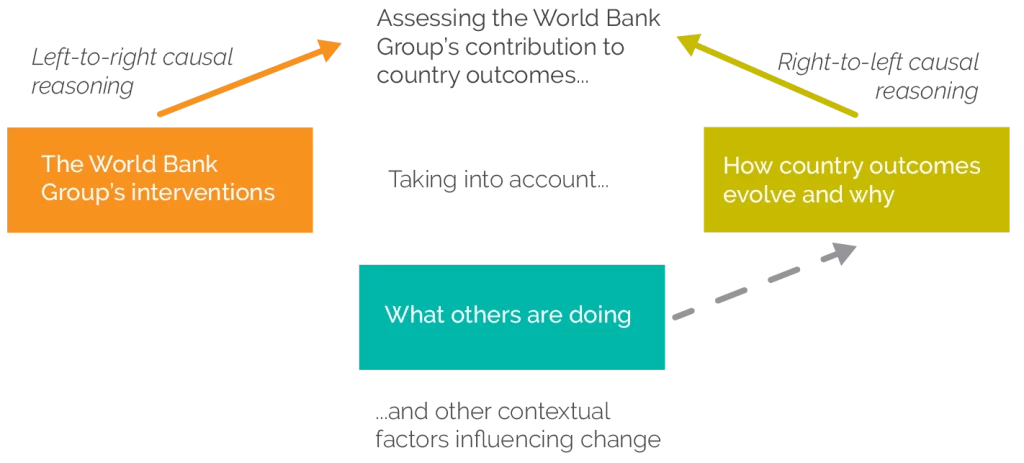In the ever-evolving landscape of finance, reasoning skills play a pivotal role. Banking institutions are no exception, as they rely heavily on employees with strong logical and analytical abilities. To succeed in the banking sector, one must think like a banker and put their reasoning skills to the test. This article explores the importance of banking reasoning questionsand its applications and provides valuable insights into improving your reasoning abilities.
The Significance of Reasoning in Banking
Effective decision-making is the cornerstone of any successful banking operation. Banks deal with vast data, complex financial transactions, and regulatory requirements. To navigate this challenging terrain, bankers must be adept at critical thinking and reasoning. Here’s why reasoning is of paramount importance in the banking industry:
1. Risk Assessment and Mitigation
Banks are entrusted with safeguarding customers’ funds and investments. They must evaluate risks associated with various financial products and services to ensure this. Strong bank reasoning questions skills enable bankers to identify potential risks, assess their impact, and formulate strategies for risk mitigation.
2. Fraud Detection
Detecting fraudulent activities is a constant battle in the banking sector. Bankers with sound reasoning abilities can spot unusual patterns, anomalies, and the red flags that may indicate fraudulent transactions. Timely identification of such activities is essential to maintain the integrity of the banking system. In an environment where financial security is paramount, the ability to discern irregularities in transactions is a crucial skill. By meticulously analysing transaction data and employing logical reasoning, bankers can protect both the institution and its customers from potential financial harm. This vigilance safeguards the trust and reputation of the entire banking industry, ensuring its stability and continued growth.
3. Decision-Making in Lending
Bankers often face the challenging task of evaluating loan applications. They need to assess the creditworthiness of borrowers, analyse financial documents, and determine the terms and conditions of loans. Reasoning skills are crucial in making informed lending decisions that balance the interests of the bank and the borrower.
4. Regulatory Compliance
Banking is the most heavily regulated industry worldwide. Bankers must navigate a complex web of rules and regulations to ensure compliance. Sound reasoning allows them to interpret and apply these regulations correctly, reducing the risk of legal issues and penalties.
5. Problem Solving
Unforeseen challenges and issues are a part of daily banking operations. Bankers with solid reasoning skills can quickly identify problems, analyse their root causes, and devise effective solutions. This agility in problem-solving is essential for maintaining smooth operations and customer satisfaction.
Improving Your Reasoning Abilities
Now that one established the importance of reasoning in banking, explore some strategies to enhance your reasoning skills:
1. Practise Logical Puzzles
Engaging in activities like solving puzzles, riddles, and brain teasers can sharpen your logical thinking. These exercises challenge your mind and help improve your problem-solving abilities.
2. Stay Informed
Stay updated with current events and financial news. Knowledge of the economic landscape and banking trends can provide valuable context for making informed decisions.
3. Analyse Case Studies
Reviewing real-world case studies in banking can provide insights into how reasoning is applied in various situations. Analyse these cases to understand the logic behind the decisions made.
4. Seek feedback
Don’t hesitate to seek feedback from mentors or colleagues. Constructive criticism can help you identify areas for improvement and refine your reasoning skills.
5. Continuous Learning
Invest in ongoing learning and professional development. Attend workshops, seminars, or online courses on logical reasoning and critical thinking.
Conclusion
In competitive banking, thinking like a banker and honing your reasoning skills can set you apart. Strong reasoning abilities are invaluable, from risk assessment to fraud detection and decision-making. By practising logical puzzles, staying informed, analysing case studies, seeking feedback, and pursuing continuous learning, you can enhance your reasoning skills and excel in dynamic banking. Remember, thinking like a banker is not just a skill; it’s a pathway to success in the financial industry.

